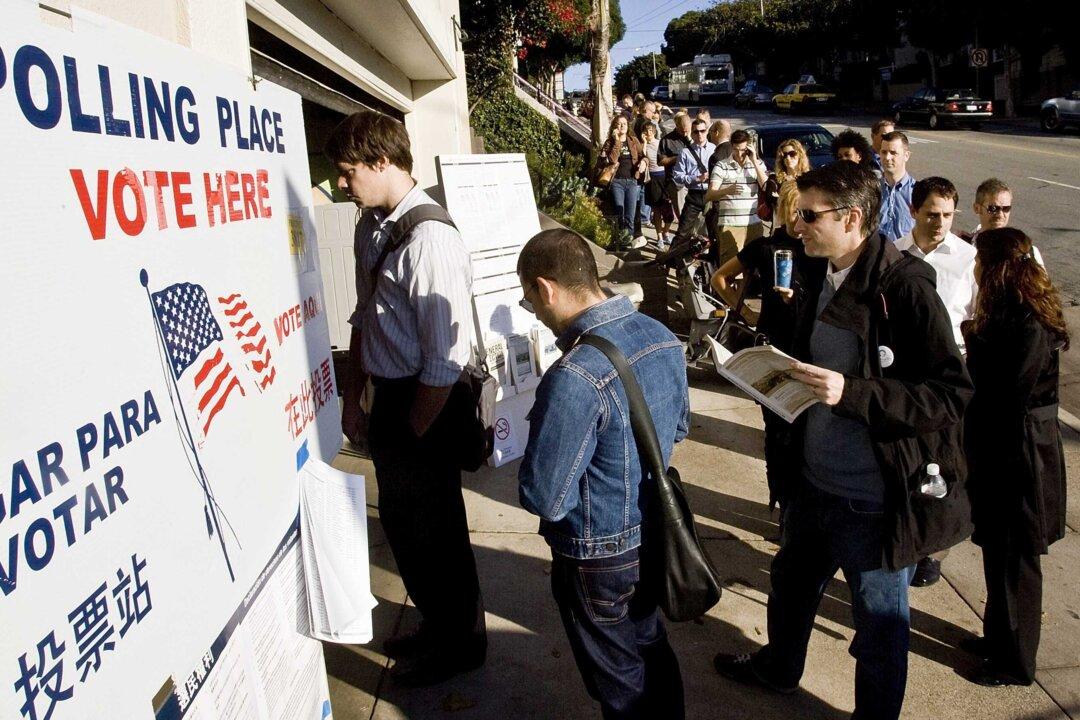Commentary
We’re again seeing a stark example of left-wing progressive politicians in City Hall maneuver to increase support for their own agendas. This time, it’s through manipulating teens’ voting rights.

We’re again seeing a stark example of left-wing progressive politicians in City Hall maneuver to increase support for their own agendas. This time, it’s through manipulating teens’ voting rights.